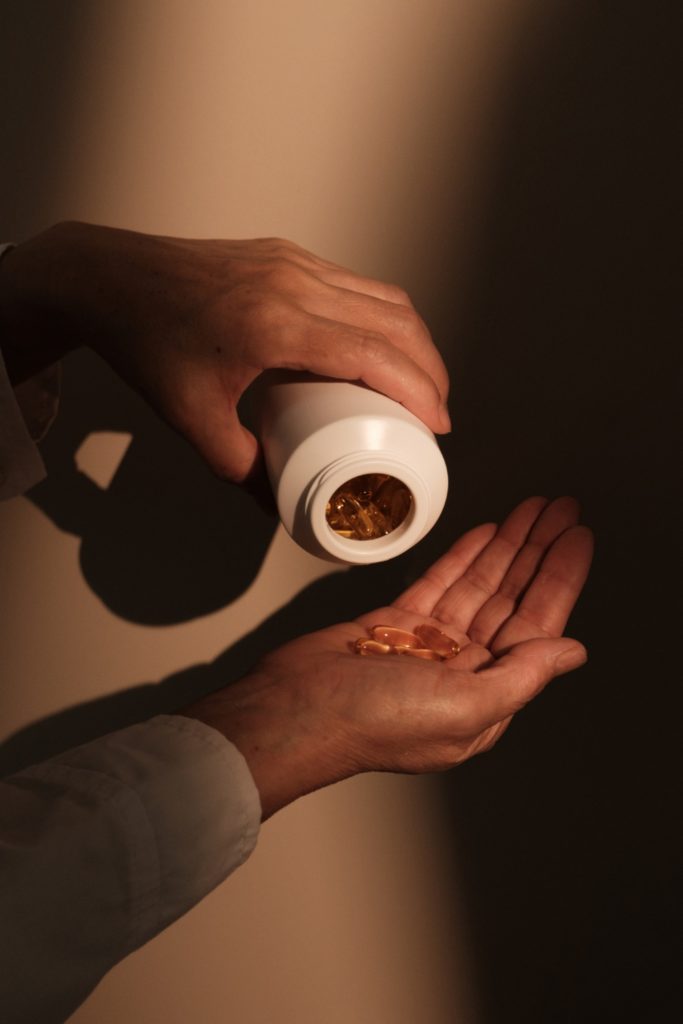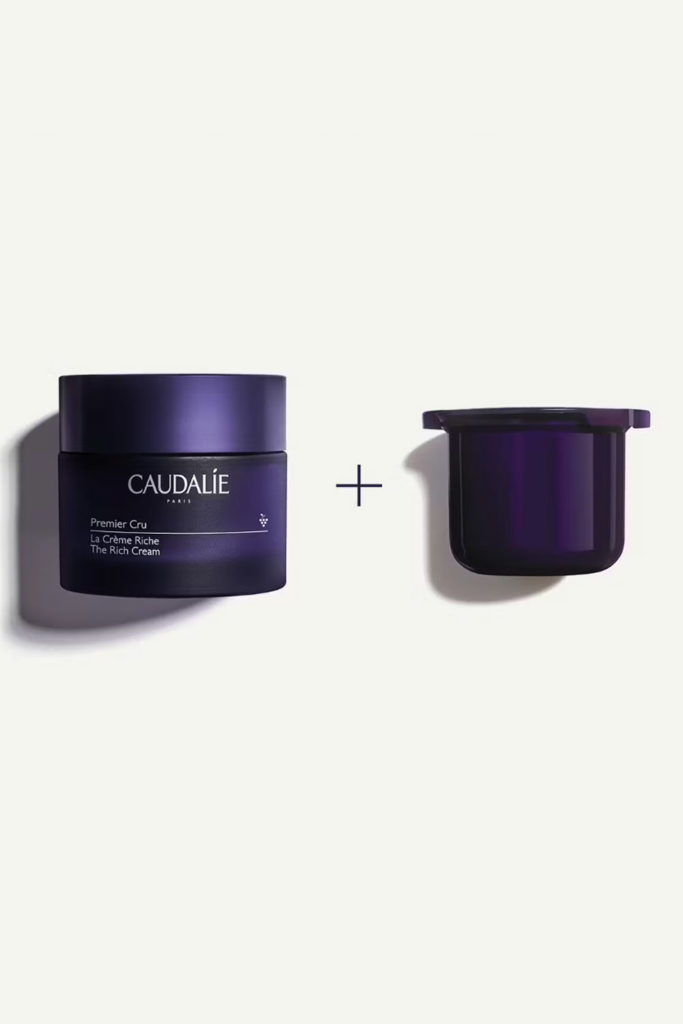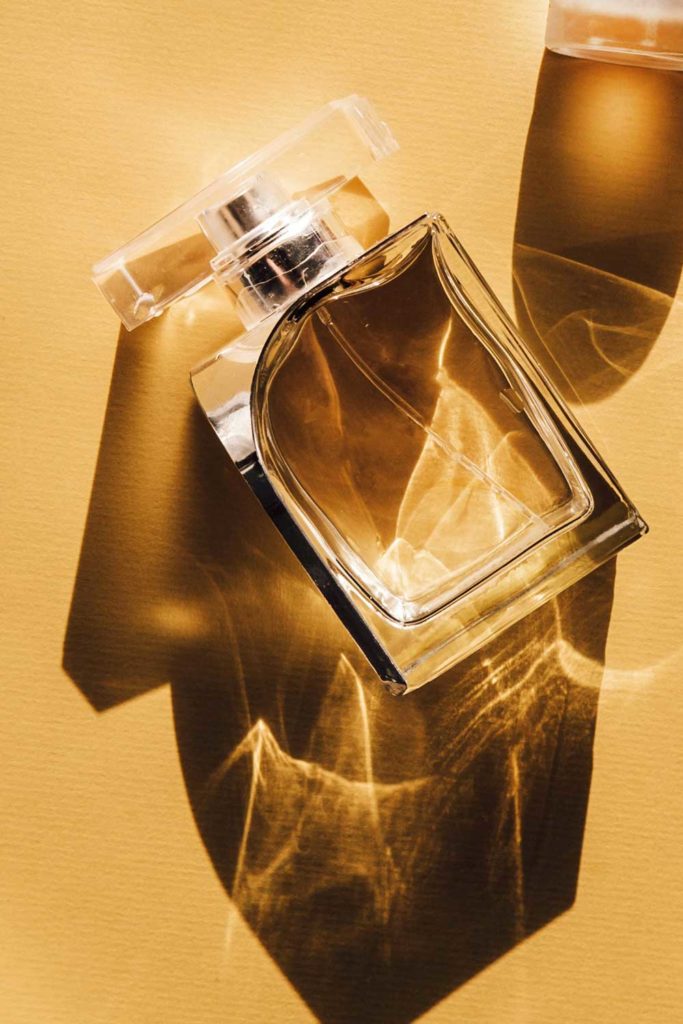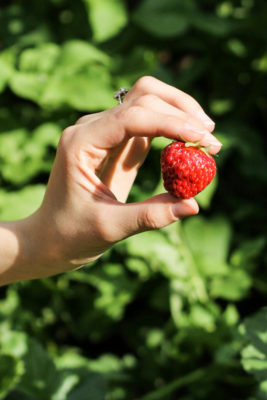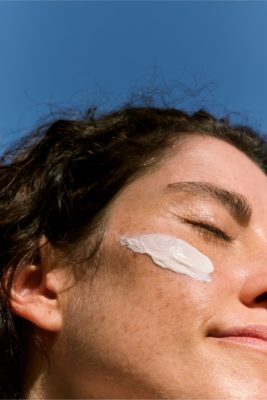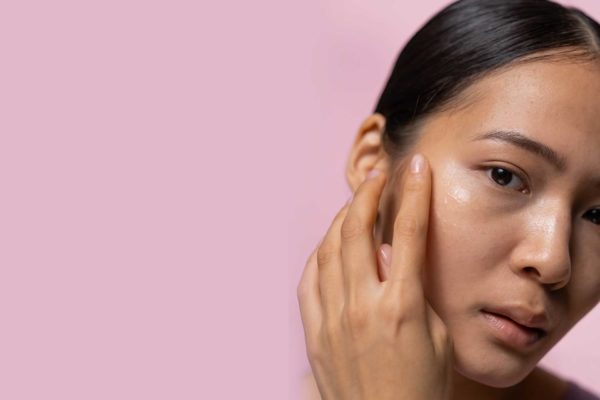Is It Time To Ditch Makeup Wipes For Good?
By
2 years ago
This is one product you can wipe off your shopping list
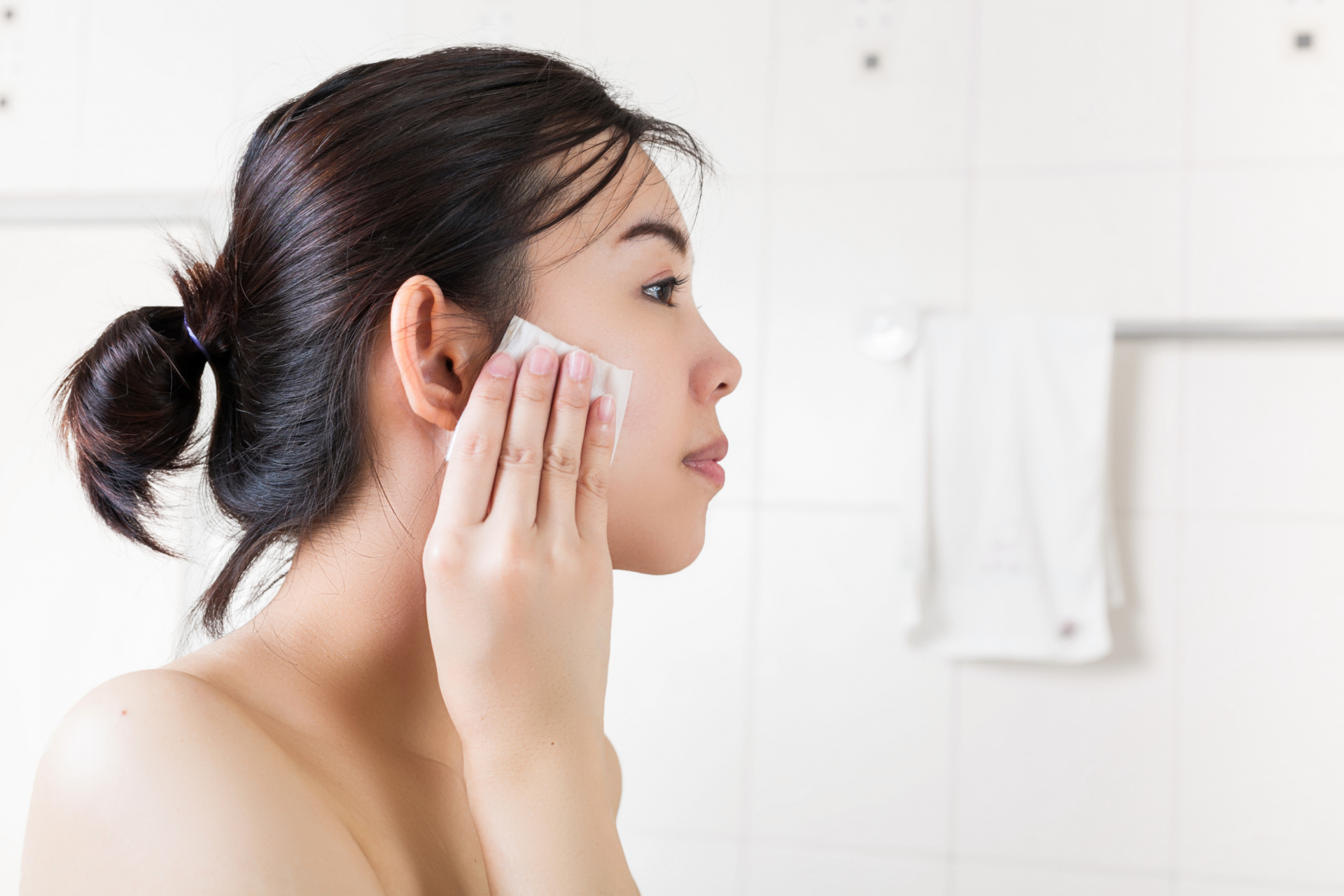
When it comes to washing your face, there are two camps: those that stick to cleansers and micellar water, and those that swear by disposable makeup wipes. The latter, although convenient, might not be as good for your skin – or the environment – as you think.
The Country & Town House Responsible Buyers’ Guide
The Ugly Truth About Makeup Wipes
At this point, we’re all very familiar with the concept of a makeup wipe. As the name implies, these single-use cloths soaked in facial cleanser were created to help remove beauty products, dirt and debris from the skin’s surface – and for the most part, it seems to get the job done, right?
@luckytobeskincare #antiaging #hyaluron #skincare ♬ Swear By It – Chris Alan Lee
A single strawberry is quickly casting doubt on the how well makeup wipes really work, with a viral TikTok video highlighting their inability to completely remove products. The video, which was created by two friends who share the handle @luckytobeskincare, uses a strawberry to demonstrate the residue left behind in pores after a wipe is used.
So, our question is: do makeup wipes actually work? ‘As this viral video highlights with the strawberry, the issue with make-up wipes is that they don’t effectively cleanse skin or effectively break down makeup,’ says Kimberley Medd, Head of Clinic at Face The Future. ‘Instead, makeup wipes can move dirt, debris and makeup around your face, without fully clearing them away. As shown on the strawberry, this buildup lodges in pores, which can lead to the build up of bacteria, and unwanted breakouts.’
@luckytobeskincare #antiaging #hyaluron #skincare ♬ Swear By It – Chris Alan Lee
It’s also been suggested that not only are makeup wipes ineffective, they can also be bad for your skin. The concentrated formulas used in these wipes can, if left on the skin, cause irritation when not washed away. ‘You should watch out for the formulations used in make-up wipes, as they can be stringent on the skin,’ adds Kimberley. ‘Face wipes use the same preservatives, surfactants and chemicals that are found in cleansing washes, but the difference is you don’t wash them off. This can be highly irritating to your complexion, especially in those prone to sensitivity.
‘Prolonged use of makeup wipes can also result in dehydration of the skin as they strip the skin from its natural oils,’ she adds. ‘In an emergency it’s fine (although not advisable) to use a makeup wipe, but it absolutely shouldn’t be a daily occurrence.’
Do People Still Use Makeup Wipes?
In recent years, multiple beauty retailers in the UK have stepped away from selling makeup wipes. The first to do so completely was Holland & Barrett in 2019, which banned wipes from its products lines, but the likes of The Body Shop and Selfridges quickly followed. Many of these brands cited the growing concern over the environmental impact of single-use products – a concern which greatly manifested after a double-decker bus-sized fatberg (made up of oil, fat, grease and unflushable products like nappies, cotton buds and wet wipes) clogged up the sewers in London.
A “massive and disgusting” 10-tonne fatberg has been cleared from a central London sewer https://t.co/Ea8mfPOaNh pic.twitter.com/HMX6iHwbL2
— BBC London (@BBCLondonNews) October 29, 2020
But that doesn’t mean that they aren’t still used by shoppers. Business Waste UK indicated that the global sale of all wet wipes hit £16 million in 2021, and in 2020 a study by Lucky Analytics for Beauty Independent showed that 86 percent of participants still used makeup wipes in their beauty routine (with a third of them using wipes every day and another third using them one to three times a day) – despite having some awareness of the impact on the environment and on skin.
And what do all of these wipes create? A lot of waste. Business Waste UK also revealed that, on average, we’re flushing away or binning 11 billion wet wipes every year – which can take up to 100 years to properly biodegrade. They also outlined that millions of makeup wipes piled as high as the Eiffel Tower go to landfills every day.
What Are The Alternatives?
There are loads of options for makeup removal that don’t involve single-use wipes. You can keep some kind of wipe handy with a washcloth or reusable cotton pads – or ditch them completely and stick to a double cleanse. As Kimberley explains: ‘The best way to cleanse and remove makeup and build up is a daily double cleanse in the evening. Throughout the day, bacteria and pollution is drawn to your skin and if these aren’t thoroughly washed away, they can lead to congestion, breakouts and other skin issues.
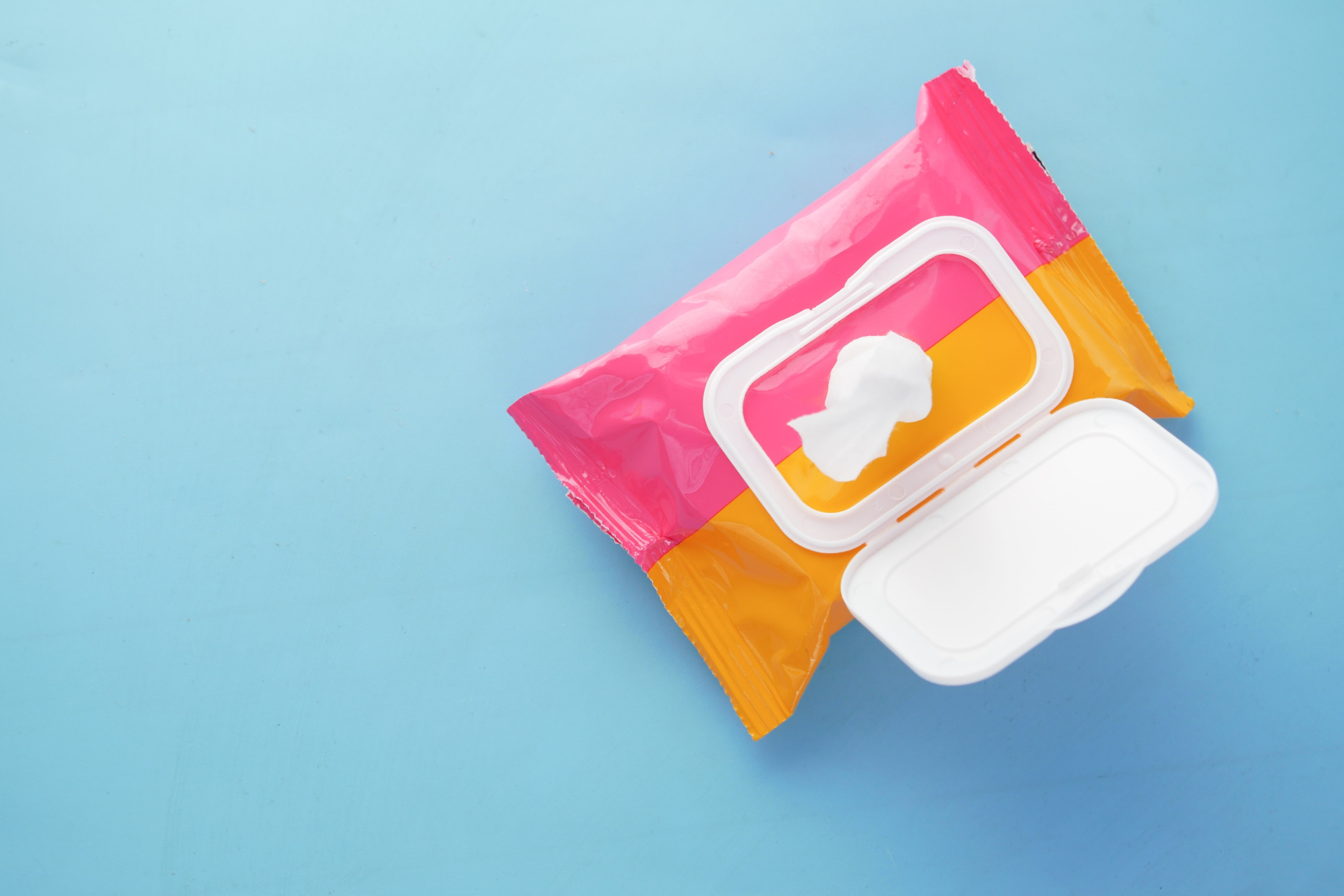
Towfiqu Barbhuiya, Unsplash
‘It is pretty self-explanatory and includes two different forms of cleansing,’ she continues. ‘The first cleanse is traditionally an oil or balm that breaks down makeup, oils, dirt and SPF. Once the first cleanse has been removed, you then follow with your water-based cleanser, such as a gel, which penetrates deeper into the pores to remove further impurities and suitable cleanse skin. In the morning, a single step cleanse will suffice perfectly.’
For those who haven’t already, we leave you with just one question: are you ready to ditch your makeup wipes?
Featured image: Getty Images




